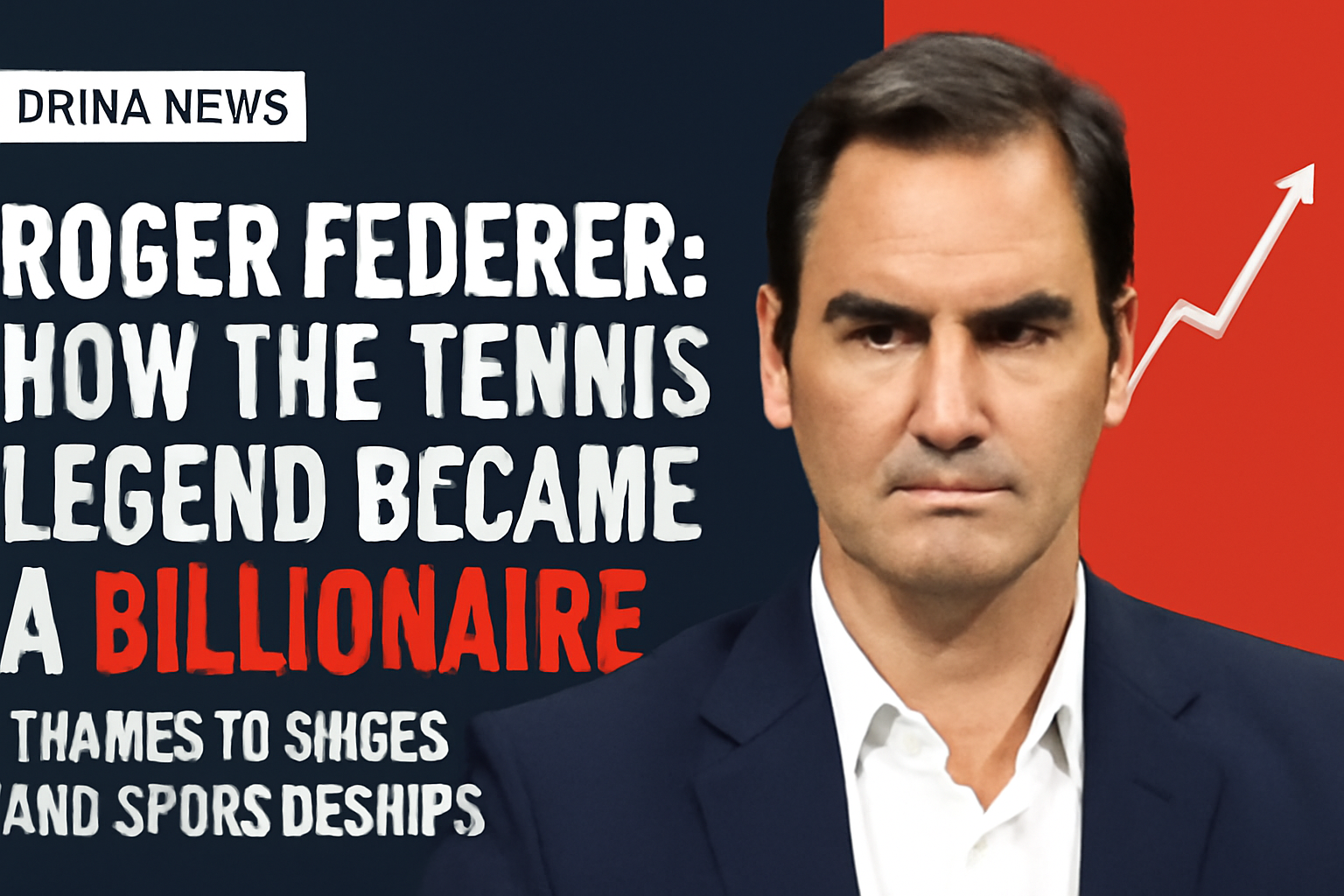Roger Federer’s Financial Slam: How the Tennis Legend Became a Billionaire Thanks to Shoes and Sponsorships!
Roger Federer, a name synonymous with tennis greatness, is now officially a billionaire! But wait, it’s not just because of his 20 Grand Slam titles or tournament wins. His $1.3 billion fortune comes from off-court deals with luxury brands and smart investments.
Millions on the court, billions on the side
Over a 24-year career, Federer earned about $130 million in prize money, which is impressive but far from his total net worth. His sponsorship deals with Rolex, Mercedes-Benz, and Lindt bring in millions annually — Rolex alone pays him around $8 million a year, and Mercedes about $5 million.
Shoes worth millions
The most interesting part? Federer invested in Swiss shoe company ON, buying a 3% stake. The company is now valued at around $17 billion, meaning his share alone is worth at least $500 million! His partnership with Japanese brand Uniqlo, with a 10-year contract, also fills his pockets.
More than an athlete – a role model for Gen Z
Federer doesn’t just earn money; he inspires. In a Dartmouth College commencement speech, he urged young people to step outside their comfort zones and seek a fulfilling life, emphasizing that life is more than just the court.
The new trend: athletes as billionaires
Federer isn’t alone in this club. Names like Tiger Woods, LeBron James, and Michael Jordan have also crossed the ten-figure net worth mark. Social media and NIL rules allow young athletes to sign lucrative deals even during their college days, changing the sports industry at its core.
What does this mean for sports and society?
While some celebrate this financial success, others worry that money is overly influencing sports, especially at the college level. Players switch schools for better deals, and legends like Shaquille O’Neal believe more stability and commitment to the game are needed.
Conclusion
Roger Federer proves that being an athlete today is much more than playing the game. It’s business, marketing, and investing. His story is fascinating but also a warning — the world of sports is changing, and money is now the main player. What do you think? Is this the end of sports as we knew it or just a new beginning? Drop a comment and let’s see who’s for and who’s against this tennis revolution!









